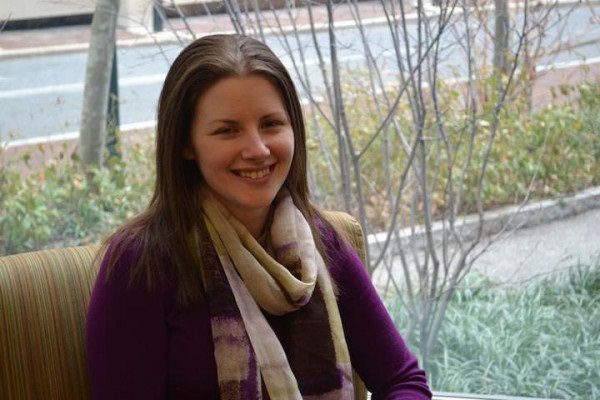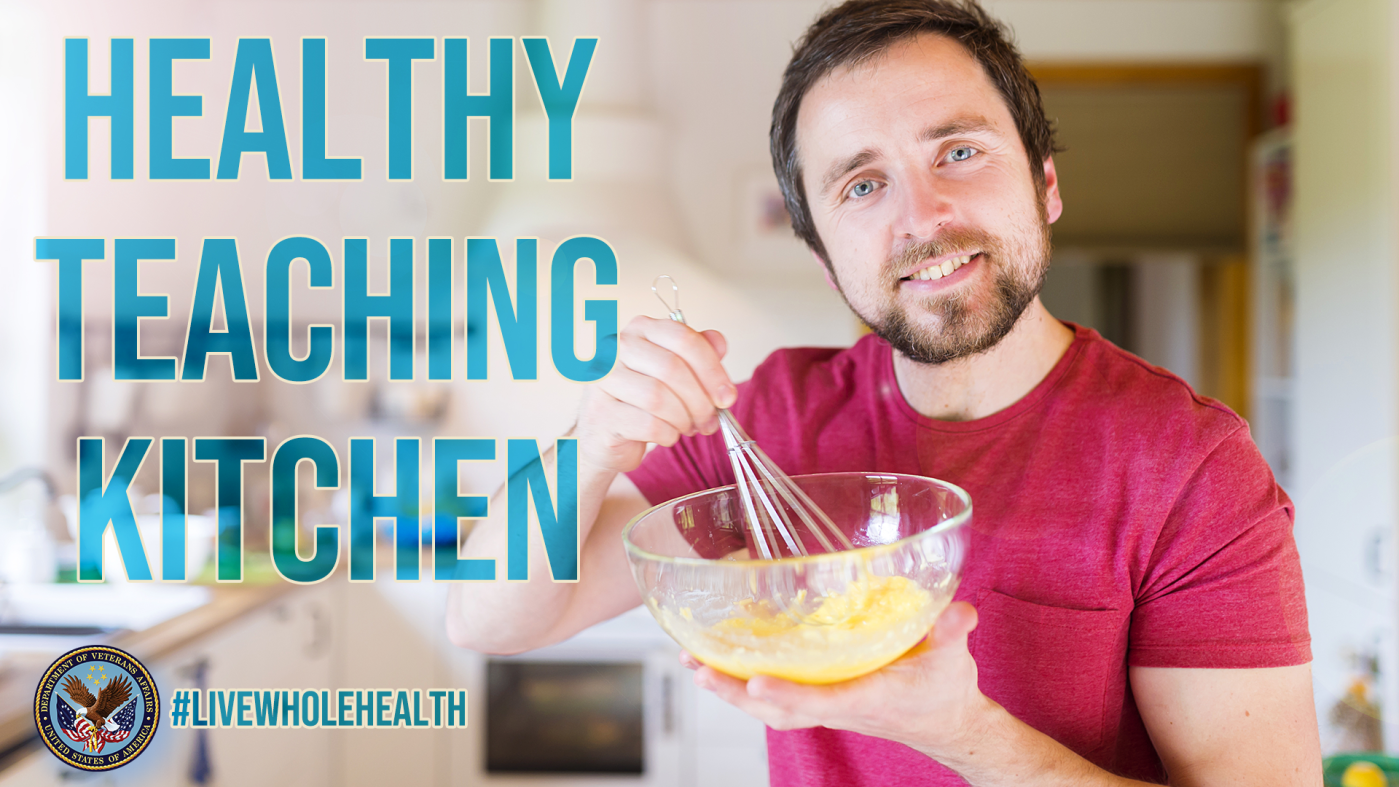According to a VA study, families report greater satisfaction with end-of-life care for Veterans dually enrolled in VA’s Home-Based Primary Care (HBPC) Program and community-based hospice than those whose loved ones did not receive hospice care.
Researchers at the Corporal Michael J. Crescenz VA Medical Center in Philadelphia analyzed survey data from family members of deceased Veterans who were enrolled in VA’s HBPC program. Seven VA regional networks (Veteran Integrated Service Networks or VISNs) participated in data collection between October 2013 and November 2019. The final sample included close to 3,970 Veterans who were enrolled in VA’s HBPC program at the time of their death.
When asked about the overall quality of care HBPC-enrolled Veterans received during the last 30 days of life, 53% of family members gave an overall rating of “excellent,” using the Bereaved Family Survey (BFS). The global score was eight points higher – 56% vs. 47% – for HBPC-enrolled Veterans who also received community-based hospice care. Survey responses were higher on 12 of 14 secondary outcomes for Veterans who received hospice care.
Identifying patients for hospice care

Dr. Ann Kutney-Lee is a core researcher with the VA Center for Health Equity Research and Promotion in Philadelphia. (Photo courtesy University of Pennsylvania, School of Nursing.)
Dr. Ann Kutney-Lee is the associate director of analytics for the Veteran Experience Center, a quality-improvement program within VA’s Hospice and Palliative Care Program Office, and a core investigator in VA’s Center for Health Equity Research and Promotion in Philadelphia. She is also an adjunct associate professor of nursing at the University of Pennsylvania. Kutney-Lee is the senior author for the HBPC study published in January 2022 in the “Journal of the American Geriatrics Society.”
“Nearly two-thirds of Veterans in our sample received hospice in the last 90 days of life. As a comparison, about 50% of patients on Medicare receive hospice,” she notes. “I think this speaks to how well the HBPC program does in identifying patients for hospice and connecting them with end-of-life services.”
On average, U.S. citizens live well into their seventh decade, despite a decline in longevity during the first year of the COVID-19 pandemic. Advances in medicine mean fewer people are dying from cancer, respiratory diseases or other serious illnesses. However, with extended life spans, the need for robust geriatric care increases.
Home-based primary care
For Veterans enrolled in VA health care, the agency offers a range of geriatric services – from VA-run nursing homes to hospital-based services to home-based primary care. The HBPC program supports older Veterans with serious illness or disabilities who wish to remain at home – giving those who qualify access to a range of health services delivered by VA providers in the home.
“Our Home-based Primary Care program is really a cornerstone of many of our geriatric, community-based programs at VA. We provide primary care with an interdisciplinary team to support the most-frail Veterans in our system. We are able to do it in a way that helps to support a Veteran’s choice to age in place, at home,” says Darlene Davis, who manages VA’s HBPC program.
All Veterans who are enrolled in VA health care – including those enrolled in HBPC – have access to hospice care when desired and deemed appropriate. Hospice is indicated for seriously ill people who are expected to live less than six months, and provides patients and family members a range of supportive services to enhance their remaining quality of life.
“The HBPC team works with the Veteran and caregivers to let them know what resources are available. It is absolutely the Veteran and caregiver’s choice to bring in hospice or not. We encourage the HBPC program to support that collaboration and bring in additional services when requested,” says Dawn Gilbert, director of operations for the Veteran Experience Center.
More Information
Click here to read the full story.
Click here to learn more about VA research.
Topics in this story
More Stories
Chocolate lovers, rejoice! Enjoy a tasty, fun and healthy sweet treat with Truffle Imposters for this week's #LiveWholeHealth practice.
Dealing with cancer, you might feel scared, angry, overwhelmed or sad. You're not alone.
As a high school student, John Jeffery did his fair share of experimenting with drugs; now he wants to help others avoid the same mistakes he made.






I’m a retired soldier, disabled veteran, and a VA Volunteer. One of the areas I work in is our Hospice. I’ll never forget the veterans that I spent time with.
THE VA IS THE LARGEST DEMONIC LIEING GROUP ON THE THE PLANET. TRUST NONE OF THEM FOR ANYTHING!!!!!!!!!!!!!!!!!!!!!!